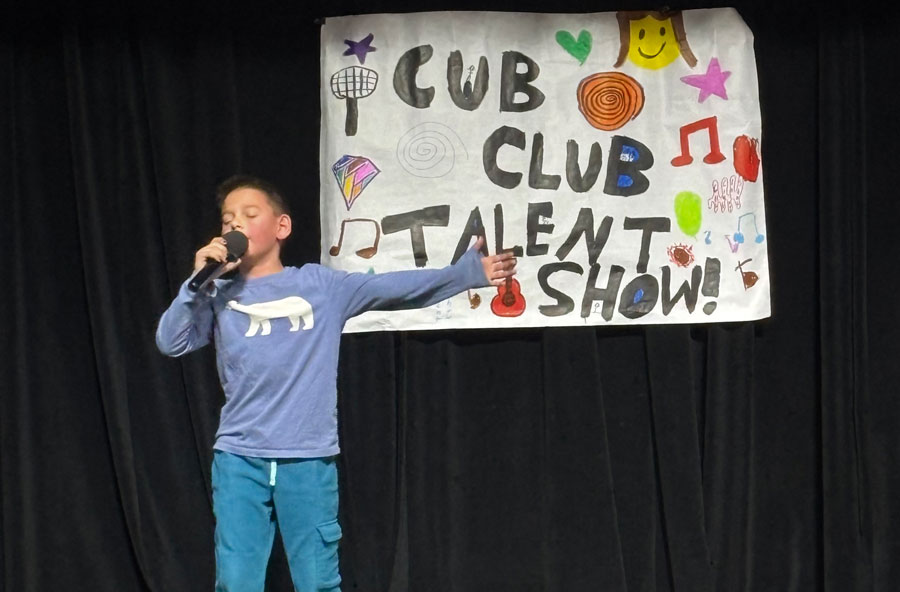When Students Lead: The Power of Initiative at Concord Hill
At Concord Hill, you don’t have to wait until you’re older to take the lead. From their earliest years, our students know that their ideas matter and their voices are heard. They grow up in a school where confidence is built through experience—where speaking up, taking initiative, and making things happen are just part of everyday learning. And time and again, they show us just how capable they are.
This confidence is built from the very start. In our Preprimary and Primary programs, an inquiry-driven, emergent curriculum teaches our youngest learners that their thoughts and ideas matter. When children are given real opportunities to make decisions, solve problems, and share their perspectives, they develop a sense of agency. They come to understand that their voices are valuable—not just in the future, but right now.
Take our second graders, for example. Inspired by their love of school spirit, a group of students decided to form a cheer team—entirely on their own. They wrote me a letter asking to perform at Community Meeting, choreographed a routine, set a rehearsal schedule, and stood in front of the entire school to share their hard work. No one assigned them this task. No one told them they couldn’t do it, so they assumed they could—and they did.
The same energy showed up in Cub Club, our aftercare program, when a group of third graders dreamed up a talent show. They worked with teachers to coordinate sign-ups, organize rehearsals, and even take on the role of MCs. The result? A fantastic event that showcased the creativity and courage of our students, proving that leadership doesn’t come with age—it comes with opportunity.

And perhaps the best part? Their initiative inspired the younger students. Not long after, a letter arrived on my desk from a group of first graders, advocating for an afterschool club for our Preprimary and Primary classes. They saw what their older peers had done and wanted to create something of their own.
This is what happens when children feel safe, seen, and supported. In our small-school environment, they are big fish—confident in their voices and unafraid to take up space. Our core values of connection and courage are woven into their everyday experiences, fostering a culture where students don’t just dream up ideas—they make them happen.
Today, it’s a cheer team, a talent show, or a new club. Tomorrow, it’s the ability to step forward with confidence—whether in a classroom, a boardroom, or a community. The initiative our students show now is just the beginning of the leadership they’ll bring to the world.
